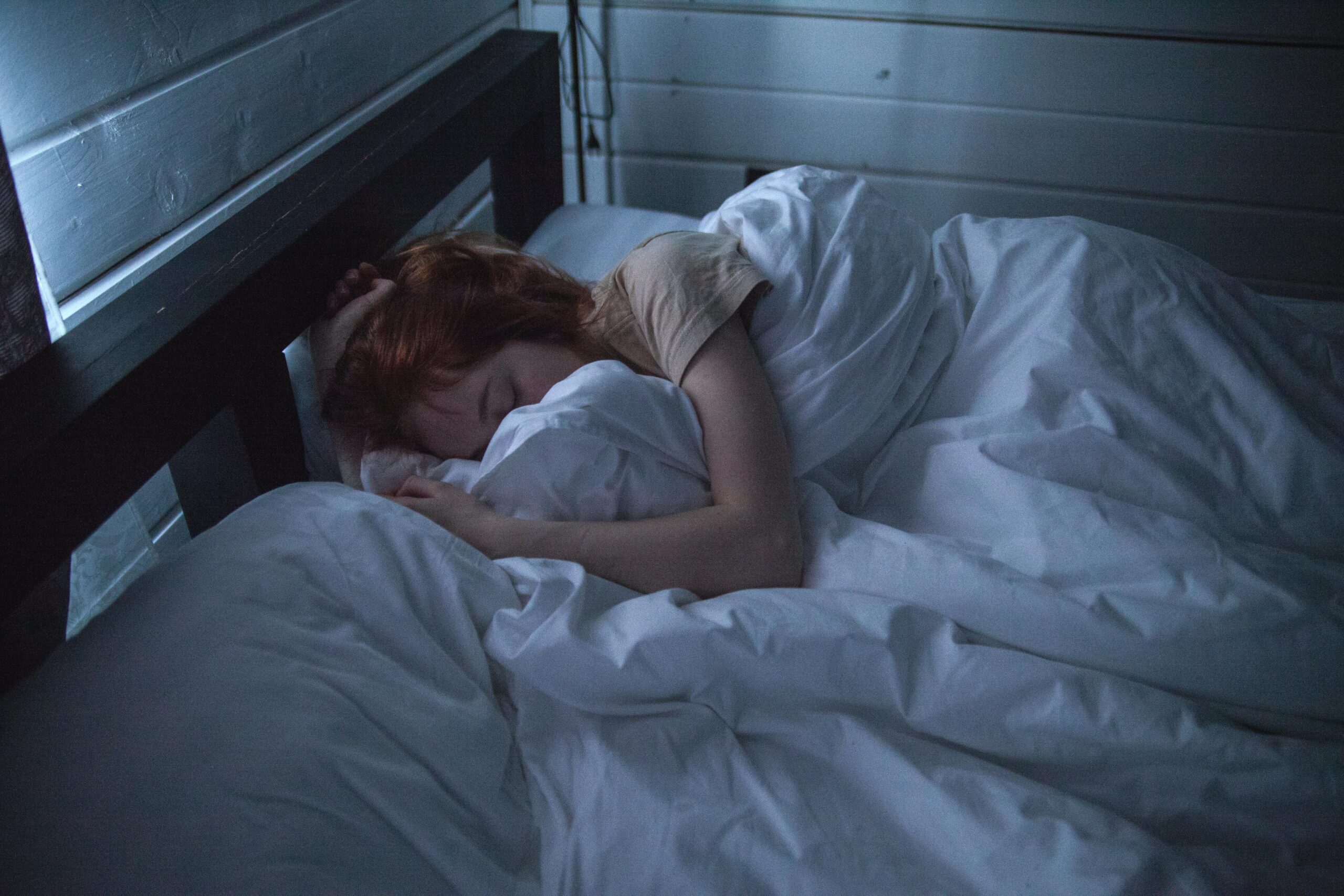Self-Hypnosis for Better Sleep: Techniques to Improve Your Sleep Quality

Benefits of Self-Hypnosis for Better Sleep
Are you tired of tossing and turning at night, unable to get a good night’s sleep? If so, you’re not alone. Many people struggle with sleep issues, whether it’s difficulty falling asleep, staying asleep, or waking up feeling unrested. The good news is that there are natural techniques you can try to improve your sleep quality, and one of those techniques is self-hypnosis.
Self-hypnosis is a powerful tool that can help you relax your mind and body, allowing you to drift off into a deep and restful sleep. By tapping into your subconscious mind, you can reprogram your thoughts and beliefs about sleep, making it easier for you to fall asleep and stay asleep throughout the night.
One of the key benefits of self-hypnosis for better sleep is that it can help you reduce stress and anxiety, two common culprits of sleep disturbances. When you’re stressed or anxious, your body releases cortisol, a hormone that can interfere with your sleep cycle. By practicing self-hypnosis, you can calm your mind and body, reducing the levels of cortisol in your system and promoting a sense of relaxation that is conducive to sleep.
Another benefit of self-hypnosis for better sleep is that it can help you break negative sleep patterns and habits. If you’ve been struggling with insomnia for a long time, you may have developed certain behaviors or thought patterns that are contributing to your sleep issues. Through self-hypnosis, you can identify and change these patterns, replacing them with positive affirmations and beliefs that support healthy sleep habits.
Self-hypnosis can also help you improve your sleep hygiene, which refers to the practices and habits that promote good sleep. By incorporating self-hypnosis into your bedtime routine, you can create a calming and relaxing environment that signals to your body that it’s time to sleep. This can include listening to guided hypnosis recordings, practicing deep breathing exercises, or visualizing peaceful and tranquil scenes that help you unwind and prepare for sleep.
In addition to improving your sleep quality, self-hypnosis can also have a positive impact on your overall health and well-being. When you get a good night’s sleep, your body has the opportunity to repair and regenerate, boosting your immune system and reducing your risk of chronic diseases. Sleep is also essential for cognitive function, memory consolidation, and emotional regulation, so by improving your sleep quality through self-hypnosis, you can enhance your mental and emotional resilience.
If you’re interested in trying self-hypnosis for better sleep, there are a few techniques you can experiment with. One popular method is progressive muscle relaxation, where you tense and release each muscle group in your body, starting from your toes and working your way up to your head. This can help you release physical tension and prepare your body for sleep.
Another technique is visualization, where you imagine yourself in a peaceful and serene setting, such as a beach or a forest. By engaging your senses and focusing on the details of the scene, you can create a sense of calm and tranquility that can help you drift off to sleep.
You can also try using positive affirmations or self-talk to reframe your thoughts and beliefs about sleep. Instead of telling yourself that you’ll never be able to fall asleep, try repeating affirmations such as “I am calm and relaxed, and sleep comes easily to me.” By reinforcing positive messages about sleep, you can shift your mindset and create a more positive sleep experience.
In conclusion, self-hypnosis is a valuable tool that can help you improve your sleep quality and overall well-being. By reducing stress and anxiety, breaking negative sleep patterns, and enhancing your sleep hygiene, you can create a bedtime routine that promotes deep and restful sleep
